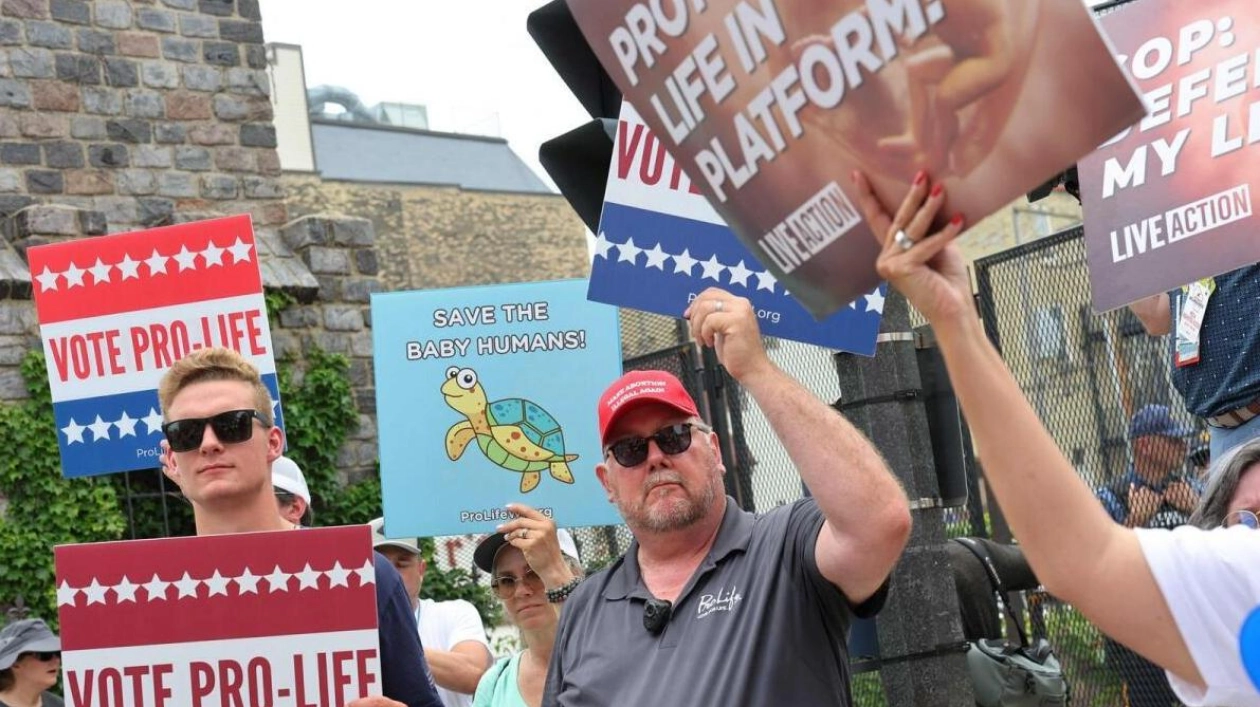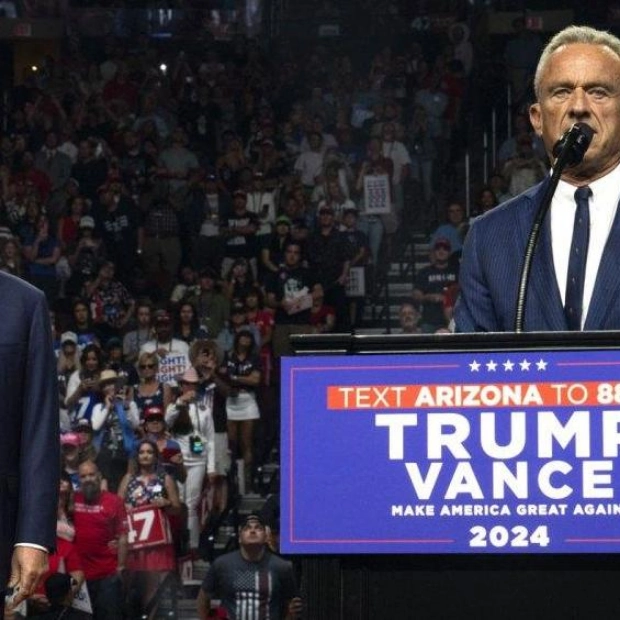Abortion rights will be a key issue in at least eight US states during the November 5 election, including several battleground states that are expected to play crucial roles in the presidential race and the battle for Congress control. Democrats, spearheaded by Vice-President Kamala Harris, the party's presidential nominee, are actively campaigning to garner support for these measures, aiming to mobilize left-leaning and independent voters. Harris is up against Republican former President Donald Trump in the election. States such as Arizona and Nevada, which are pivotal in the presidential race and feature significant Senate contests, will decide whether to enshrine abortion rights in their constitutions.
The abortion debate has been a thorn in the side of Republicans since the U.S. Supreme Court's 2022 ruling that overturned a nationwide right to abortion. This decision is believed to have hindered Republican advances in the 2022 midterm elections and bolstered Democratic performances in state races in Kentucky and Virginia. Since the court's ruling, voters in all seven statewide ballot measures have opted to either protect or expand abortion access, including in conservative states like Ohio, Kentucky, and Kansas. Here are the states where abortion will be a ballot issue on November 5, along with other states where the issue might still be put to voters.
ARIZONA: Arizona's election officials have approved a ballot measure that would amend the state constitution to guarantee abortion rights up to fetal viability, typically around 23 or 24 weeks. The initiative, supported by a coalition of reproductive rights groups called Arizona for Abortion Access, gathered over 823,000 signatures, more than double the required number. President Joe Biden narrowly won Arizona in 2020, and recent polls indicate a tight race between Harris and Trump. The state's Senate race, featuring Democrat Ruben Gallego and Republican Kari Lake, is critical in determining Senate control. Arizona currently enforces a 15-week abortion ban.
FLORIDA: The Florida Supreme Court approved a ballot measure in April, supported by reproductive rights groups, asking voters to amend the state constitution to protect abortion access. The court also upheld the existing 15-week abortion ban and allowed a stricter six-week limit to take effect. Unlike most states, Florida requires constitutional amendments to pass with at least 60% of the vote. Florida, traditionally a battleground state, has recently favored Republicans, but Democrats hope to make it competitive again in November.
NEVADA: Nevada officials approved a referendum to amend the state constitution to protect abortion rights, following sufficient signatures from a coalition of reproductive rights groups. Nevada's constitution would be harder to amend if these protections are added. The measure requires approval in two elections, this year and in 2026. Nevada is a key battleground in the presidential race, and its Senate contest between Democrat Jacky Rosen and Republican Sam Brown is highly anticipated.
OTHER STATES: Voters in Missouri and South Dakota, both conservative states with near-total abortion bans, will decide on adding abortion rights to their state constitutions. Nebraska could see two conflicting ballot measures: one protecting abortion rights and another enshrining the current 12-week ban. In Arkansas, the top election official rejected an abortion rights measure due to insufficient paperwork, leading to a lawsuit by the petitioners. Colorado and Montana are also considering constitutional amendments to protect abortion rights, aiming to prevent future legislative or judicial restrictions.






